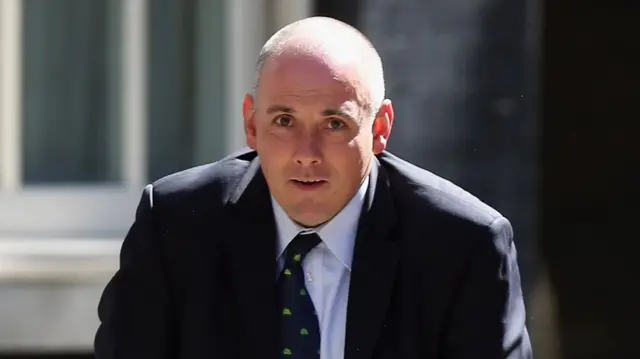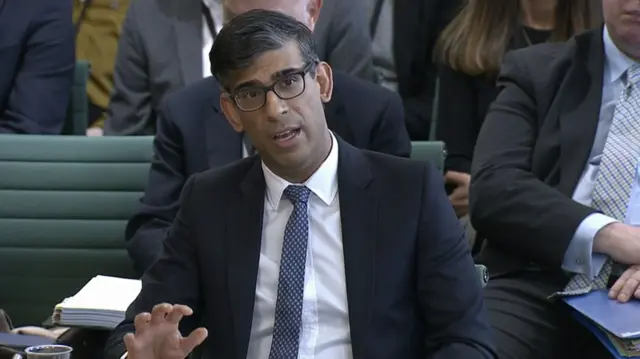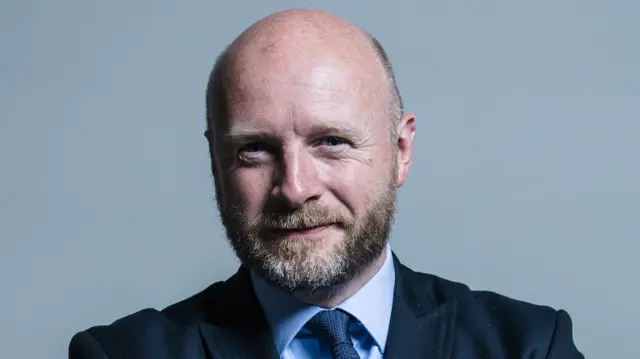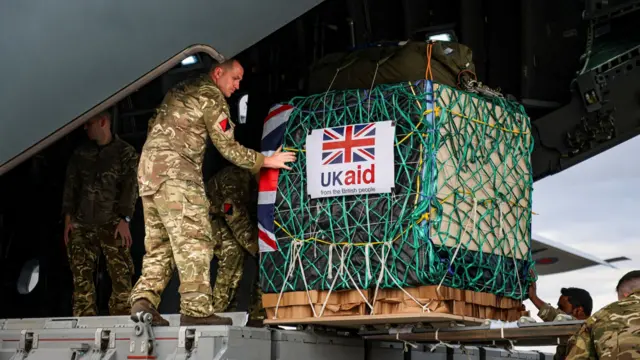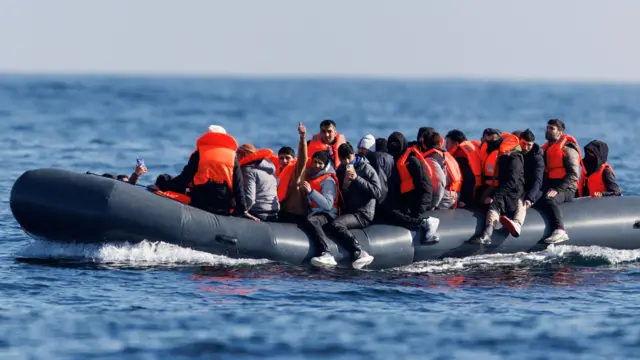Goodbye from uspublished at 17:30 GMT 26 March 2024
 Sam Hancock
Sam Hancock
Live reporter
That's about all we've got time for today - thanks for sticking with us as Rishi Sunak took questions from MPs on the Liaison Committee about a variety of issues.
Key areas of discussion included cyber-security and hacking threats by China, as well as yesterday's UN resolution on a ceasefire in Gaza.
- The prime minister defended the UK's approach to China following yesterday's decision to impose sanctions on two individuals and a Chinese company
- He insisted the government continues "to monitor any threats to our national security" and will take whatever steps necessary
- Regarding the UK's support for the UN resolution, Sunak said it was "consistent with the government's previous call for an "immediate, sustained, humanitarian pause"
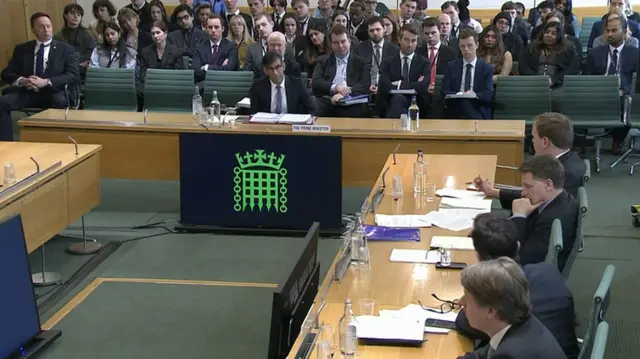 Image source, UK Parliament
Image source, UK ParliamentFor a comprehensive look at all the key moments from the hearing, head here. You can also read our main news story - written by the BBC's politics team - right here.
This page was written by Victoria Lindrea, Gem O'Reilly, Ben Hatton and Ali Abbas Ahmadi. It was edited by Sophie Abdulla and me.

